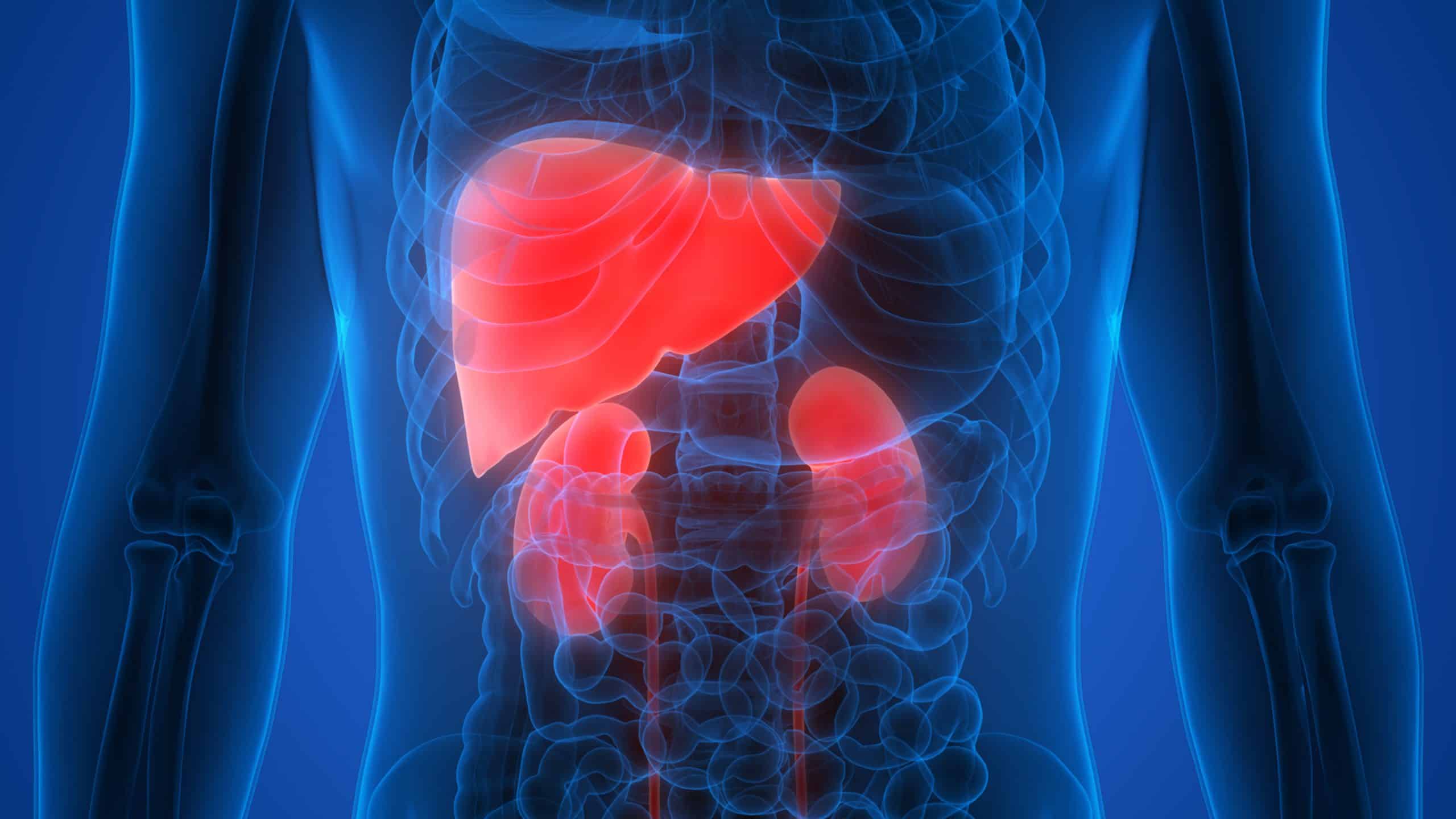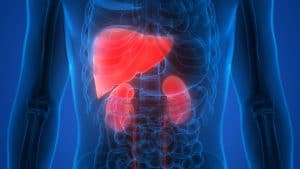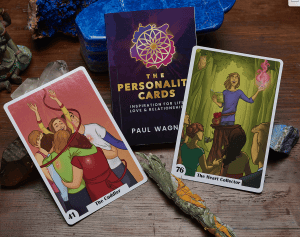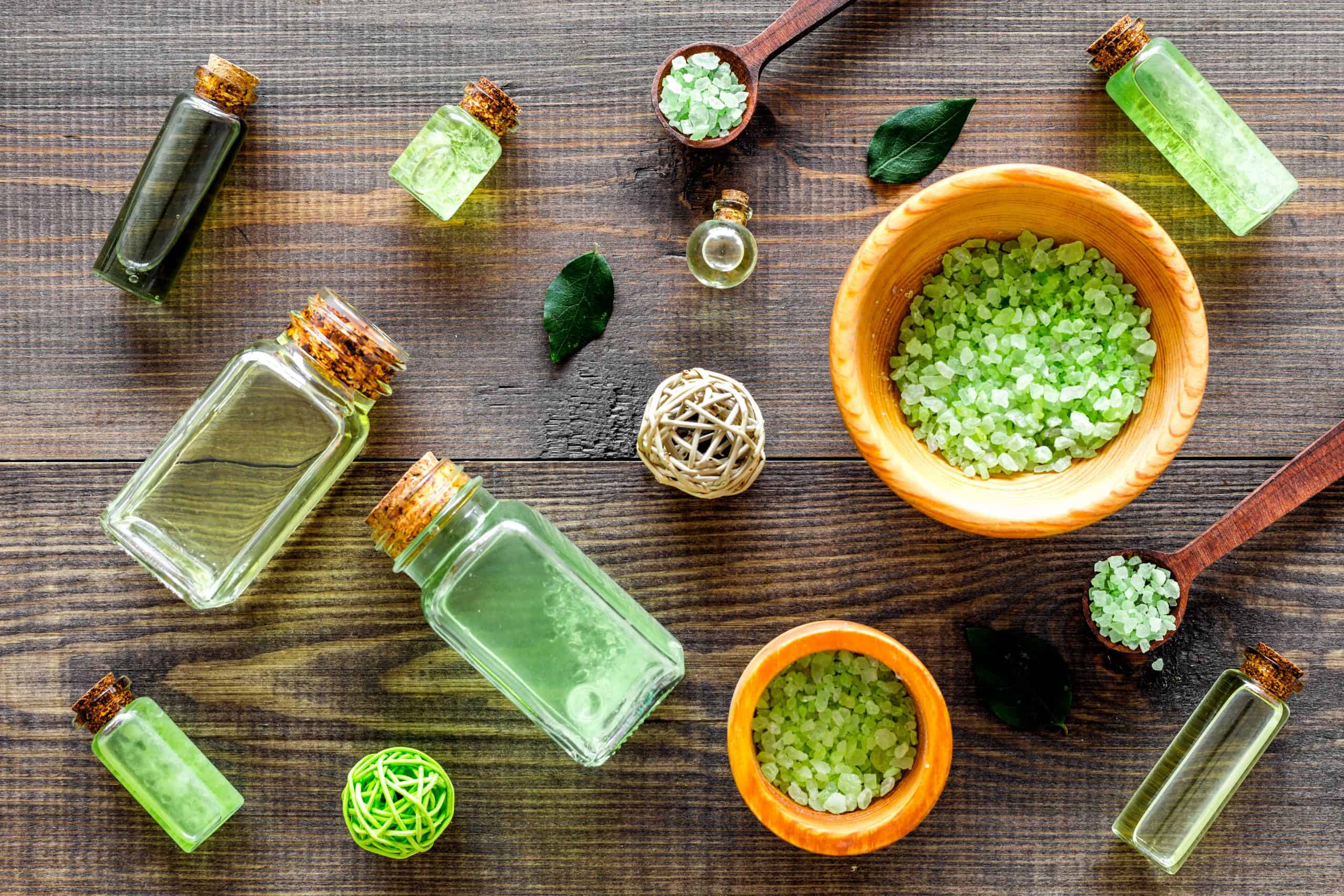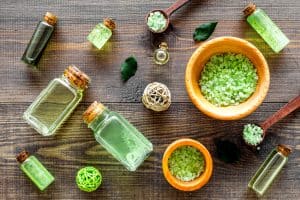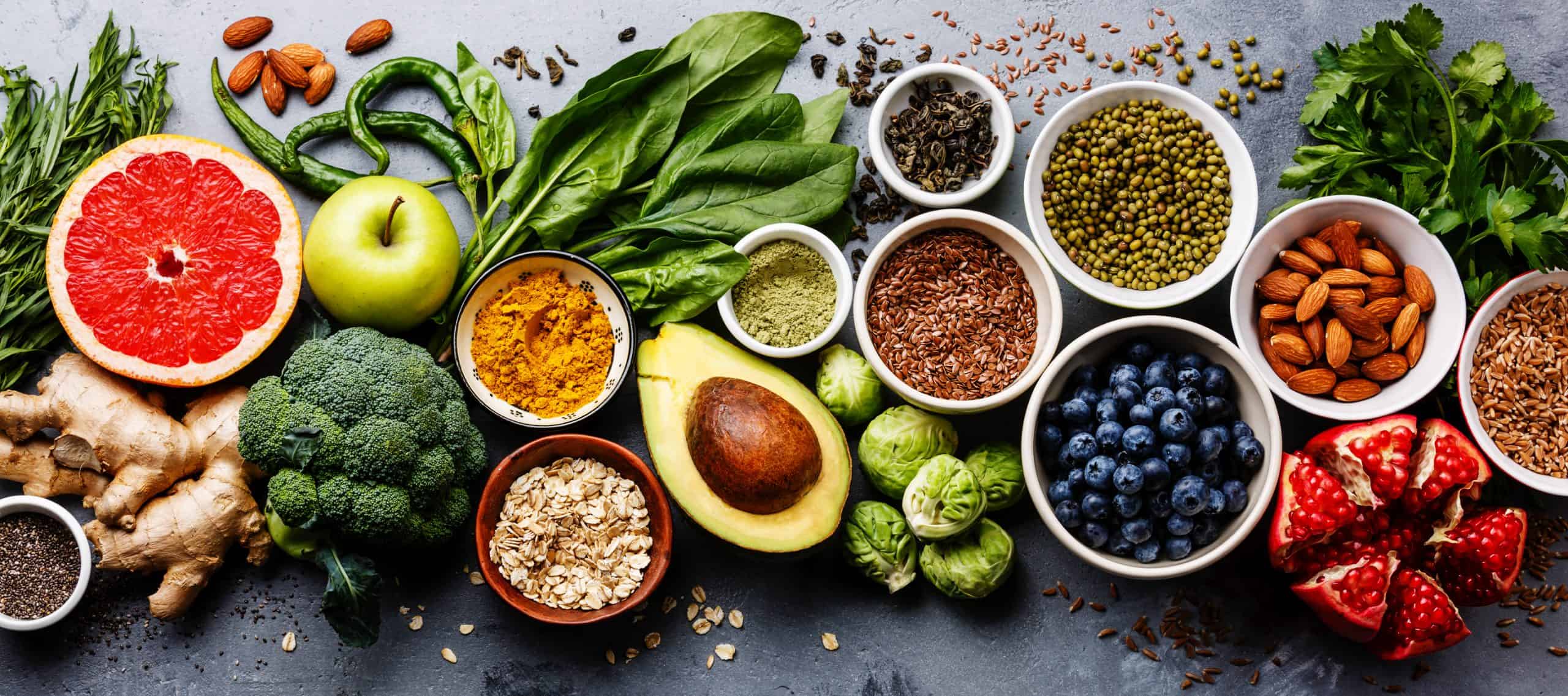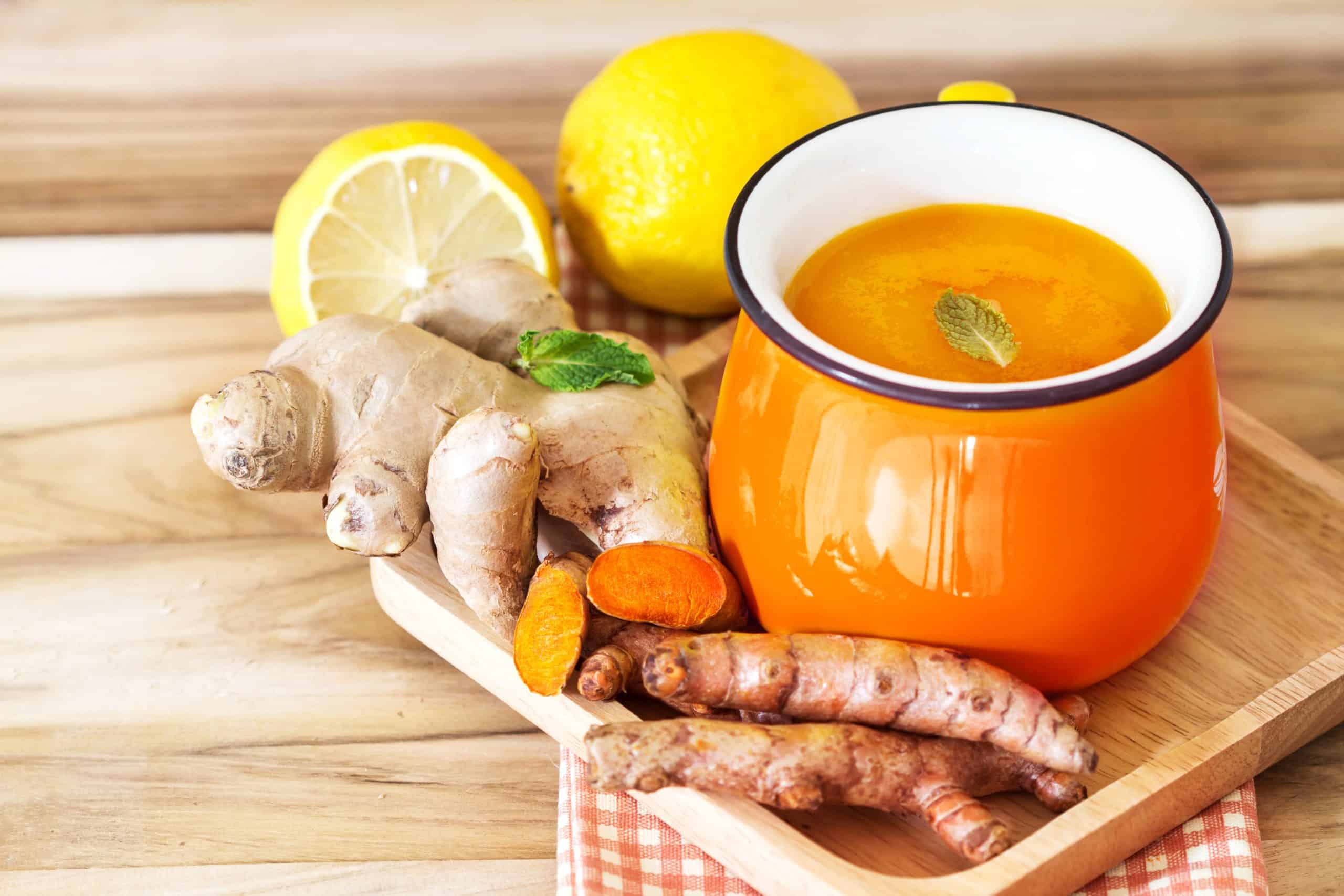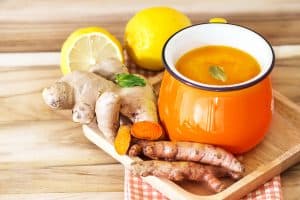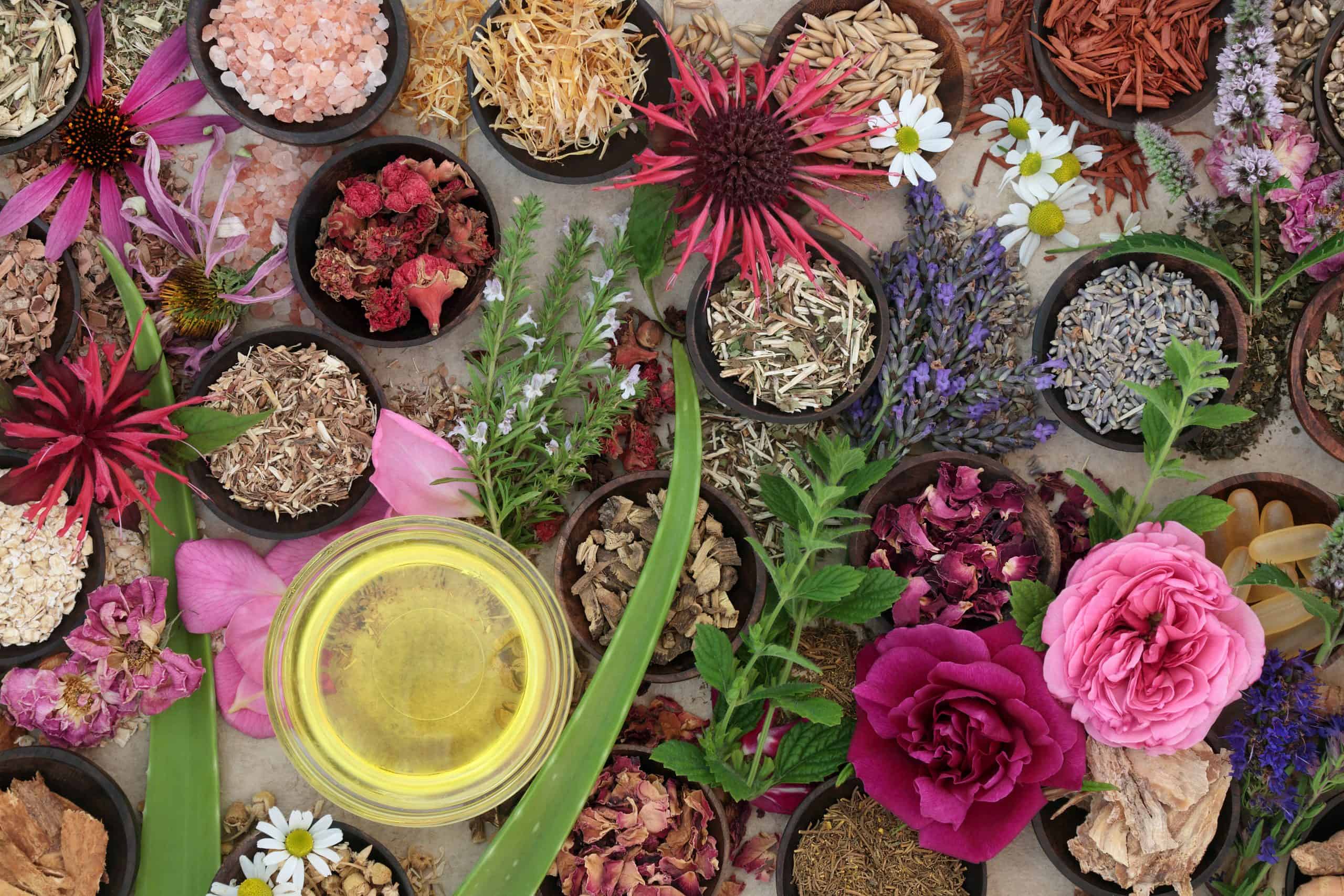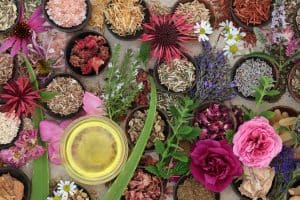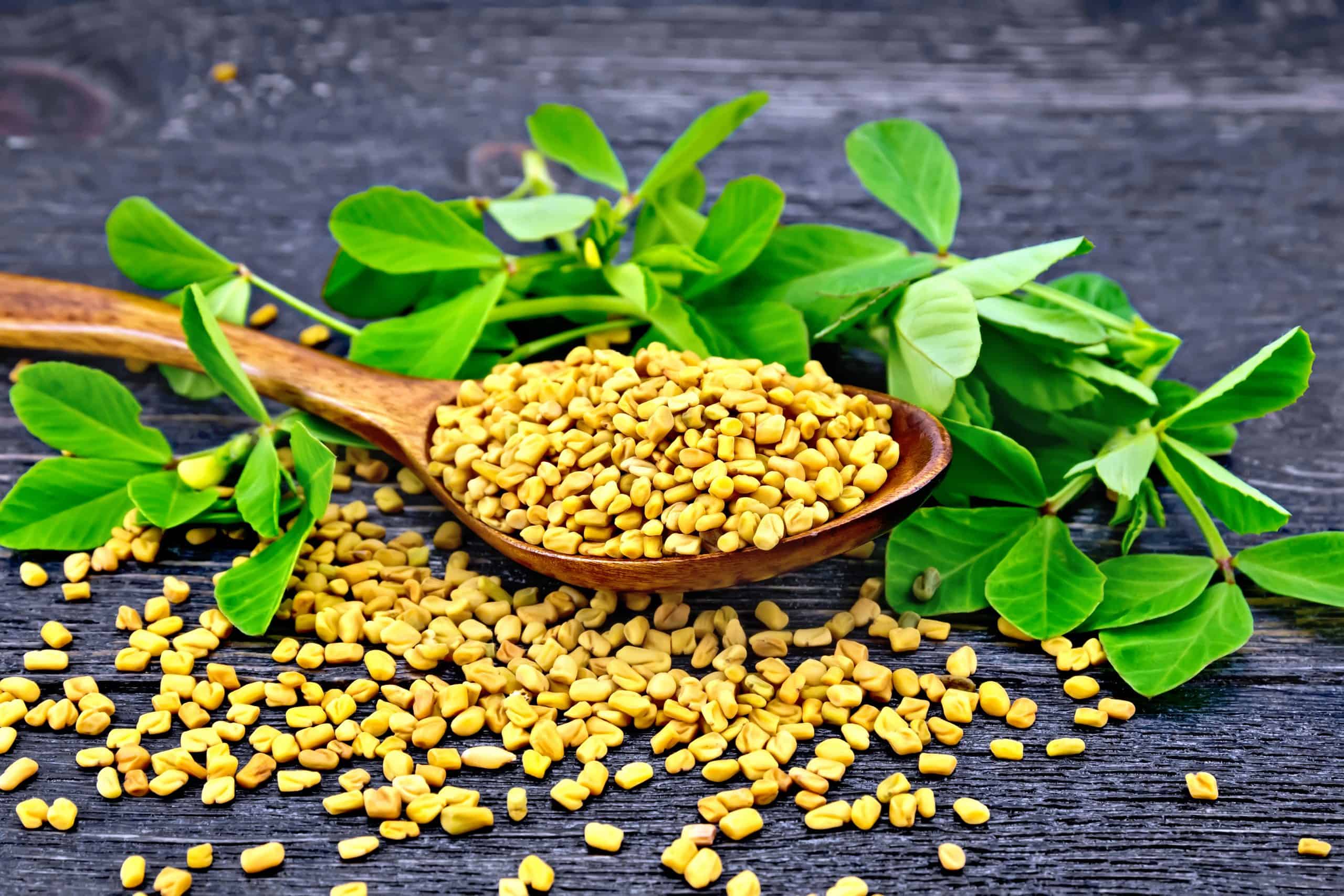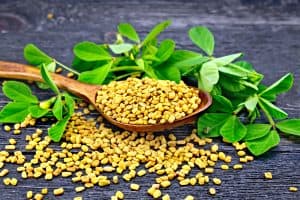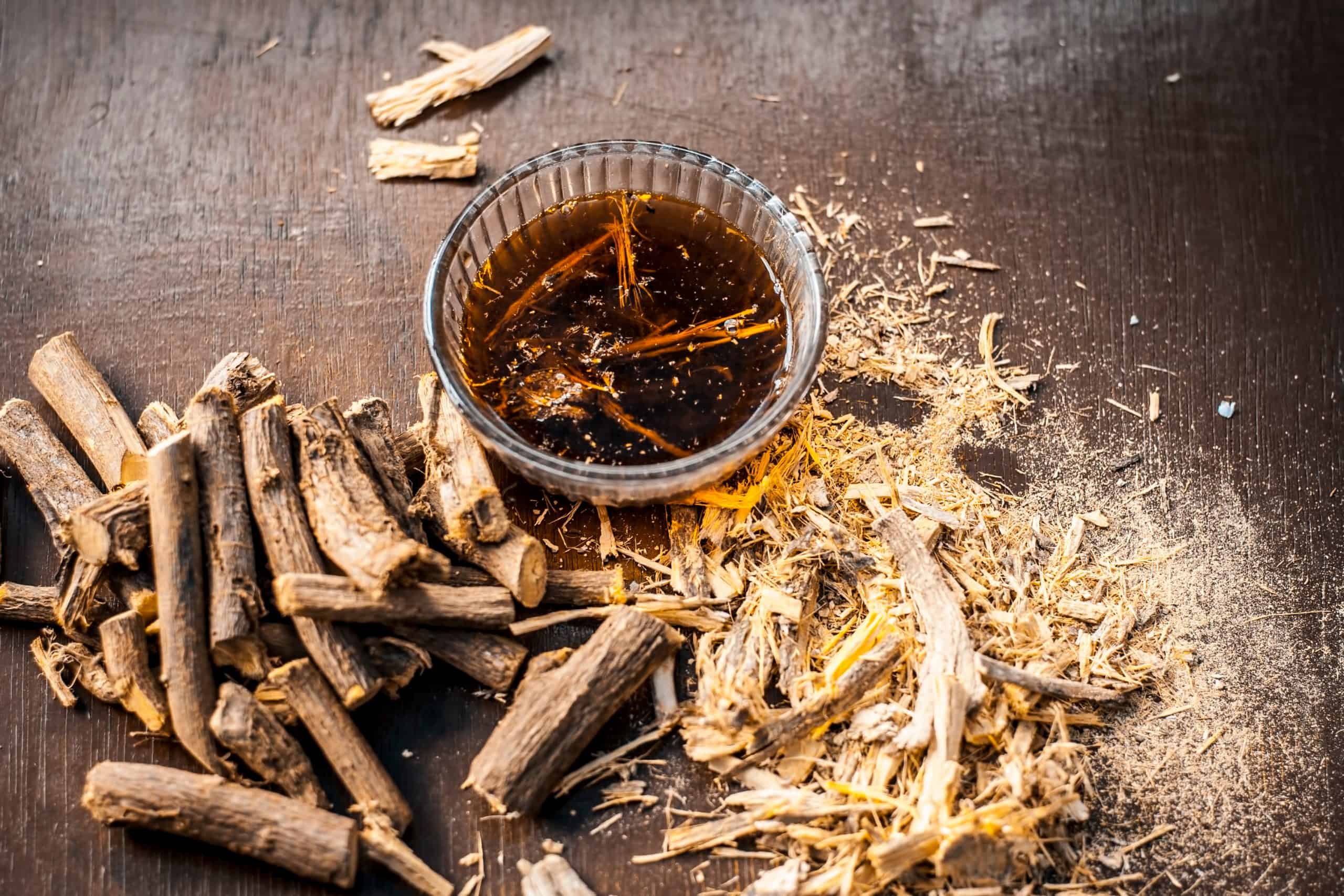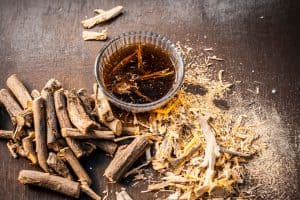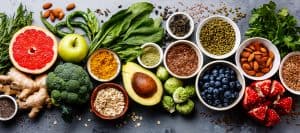
Superfoods are yummy! A Shutterstock Licensed Image
While we have hundreds of options for every meal, we tend to eat the same foods over and over again. We are creatures of comfort and habit, after all. Even when our palettes are feeling adventurous, we tend to select foods that have similar attributes.
And while we might rarely stray far from our norms, we are all highly susceptible to marketing ploys, especially for products that promise health benefits. This is especially true of superfoods.
What are superfoods? Superfoods are the nutrient- and antioxidant-rich meals and snacks that seem to promise miraculous benefits. While the marketing of superfoods is a fascinating game of “who is more successful at promoting limited, scientific trials,” superfoods indeed show promise. Not only do they often taste delicious, but they also burn cleaner, and feel better in our bodies, especially when compared to the usual All-American fare of grease, flesh, and fries.
While a handful of superfoods have only gained notoriety in recent years, some of them have been popular for centuries. The best ones promise to improve your heart, liver, kidneys, brain, and more. Some say they can alleviate depression and facilitate the release of stored and stuck emotions. Superfoods That Cleanse Cleansing 101 with Kate Leinweber
Regardless of the hype and limited scientific studies, superfoods are packed with nutrients that many popular foods lack. If you believe that nutrients like vitamins and antioxidants are healthful, look no further than superfoods.
Common Questions About Superfoods
We all have questions about our superfoods. How much superfood is too much? What if a superfood contradicts our health by benefiting one organ while harming another? You might be wondering if green superfoods are better than non-green superfoods (they’re not). You might be looking for the best brain superfoods or the ones that provide the most energy. You might be recovering from an illness or exhaustion, and want to find the superfoods that can expedite your recovery.
Some foods pretend to be super when they’re not. When building your power-diet, look beyond hipster trends and marketing. When shopping for the healthiest foods, consider only the ingredients and health benefits. When constructing a nutritious diet, nurture all of your significant organs with vitamins and nutrients that can help them thrive.
While a few of these foods taste like bitter medicine, most of them are absolutely delicious. Here is my superfoods list:
Fruits, Nuts & Seeds
Blueberries: These lovely little berries contain compounds called anthocyanins, which can prevent cancer, heart disease, and dementia. They’ll also give your immune system a big boost.
Acai Berries: Pronounced “ah-sigh-EE,” these tiny red berries have more antioxidants than other berries. Their biggest claim to fame is that they stop cell damage that leads to the most harmful and deadliest diseases.
Goji Berries: Grown by monks for thousands of years, these tart little berries contain vitamins C, B2, and A, along with with iron, and a host of antioxidants. Many say that Goji Berries boost immunity, fight heart disease, improve brain function and digestion, and prevent cancer.
Aronia Berries: Also known as Chokeberries, these berries are high in vitamins, minerals, and nutrients. Some scientists say that Aronia can also help prevent cervical, skin, breast, and colon cancers, along with liver and heart disease.
Ginseng Berries: In addition to improving mental and sexual function, Ginseng Berries are said to decrease cholesterol, fight cancer, and lower gut inflammation.
Strawberries: These berries are full of vitamin C, manganese, folate (B9), folic acid, fiber, potassium, and antioxidants. Strawberries also might reduce high blood pressure and cholesterol, help manage blood sugar, and improve your brain function as you age.
Tomatoes: Not only are Tomatoes one of the most popular superfoods; they are cancer-fighting warriors. They contain lycopene (the antioxidant phytochemical that also helps prevent heart disease), along with vitamins A, C, and E — all enemies of free radicals, the pesky critters in bed with cancer.
Blackberries: Blackberries are chock-full of polyphenols, chemicals that reduce the inflammation that leads to heart disease and cancer. They also help breakdown sugar, which will lower your chances of Type 2 Diabetes.
Watermelon: This delicious fruit is full of vitamins, potassium, and lycopene, an antioxidant. It may help curb your risk of cancer and diabetes, and brings benefit to your heart. Watermelon also helps protect your joints, and it has amino acids that can improve your workouts.
Apples: This crunchy fruit is rich in phytonutrients, antioxidants, flavonoids, and fiber. They may reduce the risk of cancer, hypertension, diabetes, and heart disease.

Pomegranates: This delight, also known as “Punica Granatum,” is a shrub that produces luscious, tiny, tangy, red fruit. It’s chock-full of fiber, protein, and potassium, and has high levels of vitamins C, K, B9 (folate), and more. Pomegranates have extremely potent antioxidants (punicalagin) that can out-power red wine and green tea by about 300%. By reducing chronic inflammation, they can reduce the risk of heart disease, arthritis, fungal and bacterial infections, cancer, type 2 diabetes, Alzheimer’s disease, and obesity. Some studies show that Pomegranates can improve memory and sexual function. Awesome!
Avocados: While many believe that Avocados are vegetables, Avocados are delicious, high-calorie fruits. They’re filled with lutein, beta-carotene, and healthy fats and acids, and are infused with vitamins C, E, K, B-6, riboflavin, niacin, folate, magnesium, and potassium.
Flaxseeds: These tiny seeds are a nutritious source of healthy fat, antioxidants, fiber, protein, and essential fatty acids like Omega-3s. Many scientific trials seem to point to the idea that Flaxseeds can help lower the risk of diabetes, cancer, and heart disease.
Chia Seeds: Important long ago to the Aztecs and Mayans, Chia Seeds are cousins of mint. Loaded with antioxidants and fiber, they’re a great source of protein, calcium, manganese, magnesium, phosphorus, zinc, B1, B2, B3 (niacin), and potassium.
Pistachios: These ancient, edible nuts are rich in phosphorus, potassium, calcium, iron, magnesium, zinc, copper, choline, and betaine. Pistachios are jam-packed with B-vitamins and vitamins A, C, E, and K. These little green and brown morsels are also helpful in reducing inflammation, boosting immunity, aiding digestion, reducing Macular Disease (AMD), and improving health. They also have aphrodisiac properties.
Almonds: A great source of vitamin E, Almonds help reduce inflammation, which can lead to diseases like cancer, and they can protect against cognitive decline. Almonds can also help prevent heart disease, increase insulin sensitivity, and help to protect your gut.
Can Sweets and Beverages Be Superfoods?
Dark Chocolate: With a higher content of flavonoids and polyphenols (antioxidants), Dark Chocolate is a powerhouse against disease-causing free-radicals. This delicious treat can improve heart health, cognitive function, and vision.
Green Tea: If you want to keep your heart healthy and decrease your risk of cancer, Green Tea can be a powerful ally. This healthy beverage can also improve brain function, reduce stress, soothe arthritis, clear acne, and help fight against urinary tract infections.
Kombucha: Fermented beverages and foods like Kombucha can improve intestinal health, boost the immune system, and reduce the risk of allergies and chronic diseases. The same is true for all fermented and probiotic-heavy foods. If Kombucha’s alcohol content is not your thing, you’ll receive similar benefits from sauerkraut, kimchi, kefir, miso, and yogurt.
Seaweed, Algae, and Grass
Seaweed: Nori, Kelp, Wakame, Kombu, Dulse, Blue-green algae (Spirulina and Chlorella) are excellent sources of protein, carbs, fiber, minerals, polyunsaturated fatty acids, and vitamins C, B, A, and E. Rich in iodine, these water-weeds are helpful to people with hypothyroidism. Seaweed can also help with weight loss, heart health, and the gut.
Wheatgrass & Barley Grass & Blue-green Algae (BGA): These bitter but nutritious cereal grasses are cousins to our favorite leafy vegetables, but these rich green foods pack a 10x more powerful punch of beneficial phytonutrients. While they might be a bit hard to swallow and enjoy, your body will appreciate their luscious benefits.
Moringa: Also known as “Moringa Oleifera,” Moringa is a plant known as the miracle tree and horseradish tree. It’s a potent antifungal, antiviral, antidepressant, and anti-inflammatory. Low in fat, Moringa is chock-full of vitamins A, B1, B2, B3, B-6, and much more. Moringa works quickly in the body, which might result in the almost immediate passing of gas.
Vegetables and Fungi
Kale: This dark, leafy green vegetable has more iron than beef, and it’s packed with nutrients, including lots of vitamin C, and 700% of your recommended vitamin K. Kale’s antioxidant quercetin will also boost your immune system.
Romaine Lettuce: Romaine Lettuce is a remarkable superfood. It is said that this crunchy vegetable can prevent vision problems, help protect the eyes from a variety of disorders, and deter muscular degeneration. An excellent source of vitamin K, Romaine Lettuce, will help to protect your bones and prevent aging diseases like osteoporosis – all because it’s jam-packed with vitamins A and C, potassium, and many B vitamins. It’s also one of those veggies that’s capable of fighting cancer cells.
Beets: Beets are a profound source of phytonutrients (betalains), and more specifically, betanin and violaxanthin. These nutritive elements provide antioxidant, anti-inflammatory, and detoxification support for the body. To get the biggest health-bang from your beets, steam them with their skin, instead of boiling them, for no longer than 15 minutes. Beets can also reduce tumor cell growth by inhibiting the normal growth of pro-inflammatory enzymes.
Mushrooms: Shiitake, Button, Creminis, Reishi, Wood Ear, and Lion’s Mane mushrooms are soft, delicious, and nutritious. Rich in vitamins B, D, and K, many mushrooms have cancer-fighting and anti-inflammatory powers, help lower cholesterol, and are natural immunity-boosters. Reishi mushrooms, in particular, fight disease, lower inflammation, suppress allergic responses, reduce tumor growth, and more. Lion’s Mane mushrooms protect against ulcers, heart disease, cancer, inflammation, dementia, depression, and anxiety. Wood Ear is a popular mushroom found in Chinese cuisine and medicine. It can lower blood pressure and reduce the risk of cancer, coronary heart disease, and arthritis. Mushrooms are wonderfully healing and nutritious!
Peppers: From sweet green or red bell to smoking-hot habañero and Scotch bonnet, these delicious, crunchy “berries” contain helpful compounds called capsaicinoids (like capsaicin), which provide extraordinary anti-inflammatory, analgesic, anti-cancer, and heart-healthy benefits.
Protein, Legumes, & Carbs
Eggs: A popular breakfast food, your body will benefit from eggs any time of day. Eggs are loaded with proteins, minerals, healthy fats, and a variety of trace nutrients. A large egg contains 5g of fat, 6g of protein, and our essential amino acids. Eggs are also jam-packed with iron, phosphorus, selenium, and vitamins A, B12, B2, and B5 (among others).
Beans & Lentils: From kidney, black, navy, pinto, and chickpeas (Garbanzo) to soybeans, dried peas, and lentils, these low-fat, anti-aging foods are low in calories and sodium, high in fiber, and excellent sources of protein. They’re also chock-full of complex carbohydrates and essential fatty acids, like omega-6s. Beans and Lentils also help regular sugar levels and are therefore helpful to anti-diabetes diets.
Wild Salmon: Since many media outlets are reporting that farmed salmon might lead to a host of health issues, your best choice is Wild Salmon. With antioxidants and anti-inflammatory omega-3 fatty acids, Wild Salmon is an excellent addition to your regular diet. It also has immune-supportive selenium, energy-producing phosphorus, and muscle-building protein. Wild Salmon also has heart-healthy niacin, vitamin B12, vitamin B6, potassium, and vitamin D, which is terrific for bones.
Sweet Potatoes: Sweet potatoes, especially the purple ones, are rich in fiber, vitamins B and C, minerals including iron, calcium, and selenium, and antioxidants like beta-carotene, which protect the body against ‘free radicals’ and reduce the risk of cancer. With all its fiber, Sweet potato can be helpful to digestion and improve blood sugar levels.
Oils & Spices
Garlic: For centuries, Garlic has been used to prevent diseases and improve the immune system. With increased consumption of Garlic, some population studies are showing reduced risks of cancers, including cancers of the stomach, colon, esophagus, pancreas, and breasts. Garlic is also known to be an effective treatment against high blood pressure and can help reduce the effects of diabetes. Some studies point to the idea that Garlic (with all its antioxidants) can help prevent conditions like Alzheimer’s, dementia, the common cold, and other infections. In general, Garlic can defend against harmful organisms, bacteria, and parasites.
Olive Oil: Not only is Olive Oil a delicious additive in salads and other dishes, but it’s also jam-packed with antioxidants like vitamin E and has anti-inflammatory properties. With healthier monounsaturated fats, choosing olive oil over butter on occasion can lower the risk of heart disease.
Ginger: Ginger contains gingerol, a powerful medicinal from China that can be helpful against inflammation, heart disease, motion sickness, nausea, muscle pain, cholesterol, cancer, Osteoarthritis, and menstrual pain. It can help to fight infections and improve brain functions.
Curcumin: Curcumin is found in Turmeric, Turmeric’s primary medicinal element. Curcumin is known to be an antioxidant, helpful to inflammation, and reducing the effects of diabetes. If possible, consume your Curcumin with black pepper, which will keep the Curcumin in your body for more extended periods. Mixed with piperine, Curcumin will be more effective. Curcumin is an excellent source of magnesium and iron, and it will boost your body’s antioxidant enzymes. It can lower the risk of brain and heart diseases, and help with depression and some chronic diseases. Although some studies are not all that flattering of Curcumin, the majority of them show that Curcumin can produce healthful benefits.
Summary of Superfoods
While there are many short-term benefits of using this list as your sole diet, there are also dangers. When we hammer our bodies with specific foods over long periods, there’s a chance we can develop allergies. This is not true in every case, just something to consider. After all, millions of people regularly eat bowls of rice and experience zero negative side-effects.
If you’re into superfoods for weight loss, you might consider removing the carbs and fat from the above list, like avocados and nuts. You might also consider upping your protein intake, eating smaller and more frequent meals, or committing to 60 days of intermittent fasting. If weight loss is your game, exercise is paramount.
We don’t need red wine or trendy alcoholic beverages to keep our bodies clear of toxins. Given the miracles of scientific extraction, we don’t need any intoxicants at all. We need delicious, organic foods, positivity, prayer, simple rituals, and love. In all things, remember to love yourself – that’s where our journeys toward health begin.

